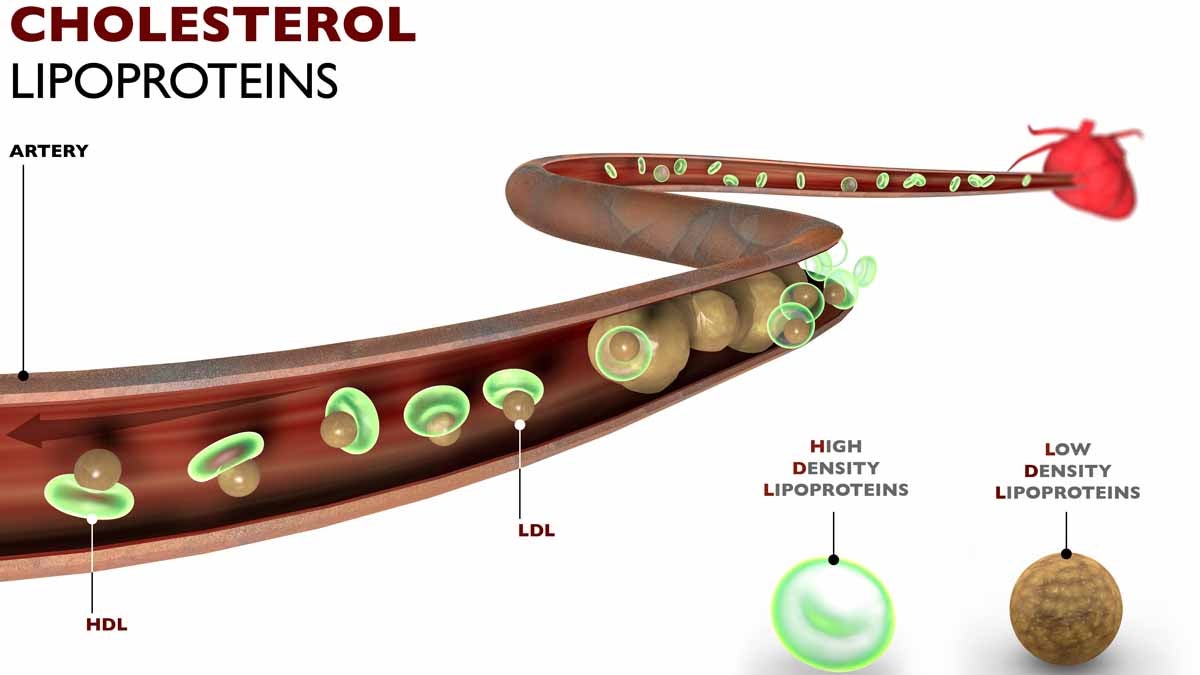‘Good’ cholesterol function more important than amount, Penn researchers find
 Photo via ShutterStock) " title="shutterstock_162874379" width="1" height="1"/>
Photo via ShutterStock) " title="shutterstock_162874379" width="1" height="1"/>
(Photo via ShutterStock)
For decades, doctors have fussed over patients’ HDL, or “good” cholesterol, levels, prescribing medications to boost them if they drop below the recommended benchmark. Now, a study from the University of Pennsylvania suggests that focus has been misplaced.
Instead of sheer amount, what matters more is how well HDL, or high density lipoprotein, works to remove fats from blood vessels.
“HDL is modestly useful as a predictor of risk, but we’re moving toward a time when we think measurement of HDL function might, in fact, be a better way,” said Daniel Rader of Penn’s preventive cardiovascular program, and senior author of the paper.
The HDL cholesterol measure in a typical blood panel captures how much cholesterol is being carried, and thus was thought to be a good proxy for artery clean-up.
But as Daniel Edmundowicz, chief of cardiology at Temple University, said, “If you have eight people in a sedan, you can measure the number of people in the car, but it doesn’t necessarily tell you how fast they’re moving or which way they’re going.”
Rader’s team analyzed blood samples from about 3,500 participants in a long-running British study and found that the better predictor of heart disease was HDL function, not quantity.
The stronger association offers one explanation for why drugs that increase HDL cholesterol often fail to safeguard patients from heart attacks, and why people genetically blessed with high levels of HDL aren’t always protected from heart disease.
“We know that there are people on the low end of HDL cholesterol who traditionally have been told to try to raise it, but really have very good function of their HDL,” said Rader. “Whereas on the other hand, we now know there are people whose HDL levels are high, but for whatever reason their function of their HDL is not all that good.”
The results were published this week in the journal The Lancet Diabetes & Endocrinology.
“Translating population observations into individuals can be tricky business,” said Edmundowicz, who was not involved in the work. “But this is an exciting paper, and, I think, may open the door for further research.”
Two classes of drugs are currently in development that might help HDL gain function and become better at clearing plaque from artery walls, said Rader. As for the test, he said it is a bit too complicated to be done routinely, and is also at least a few years away from being available in the clinic.
WHYY is your source for fact-based, in-depth journalism and information. As a nonprofit organization, we rely on financial support from readers like you. Please give today.

